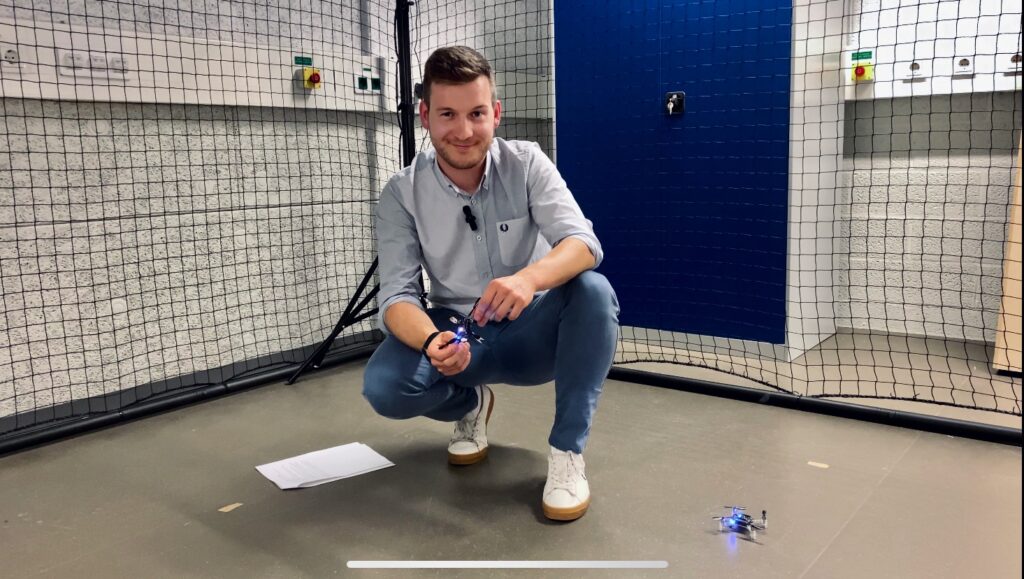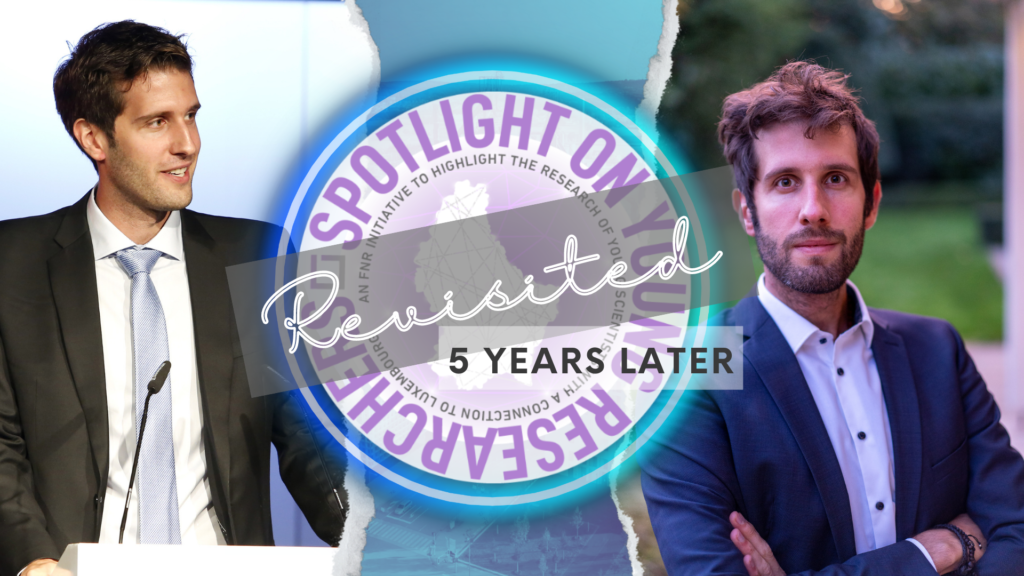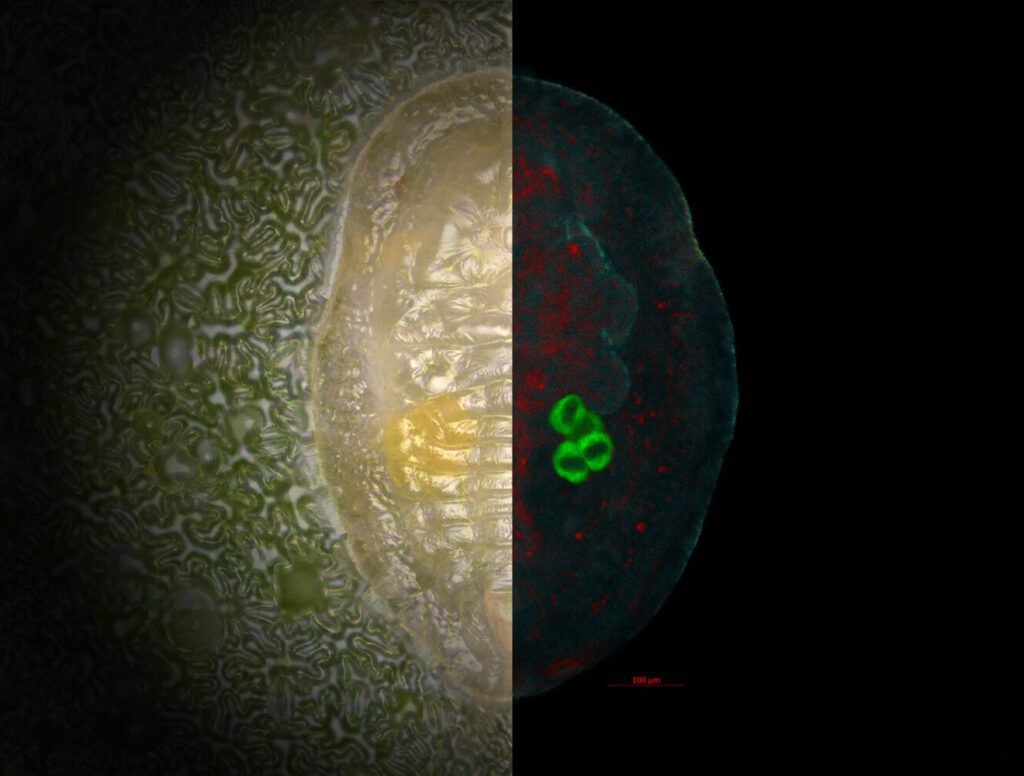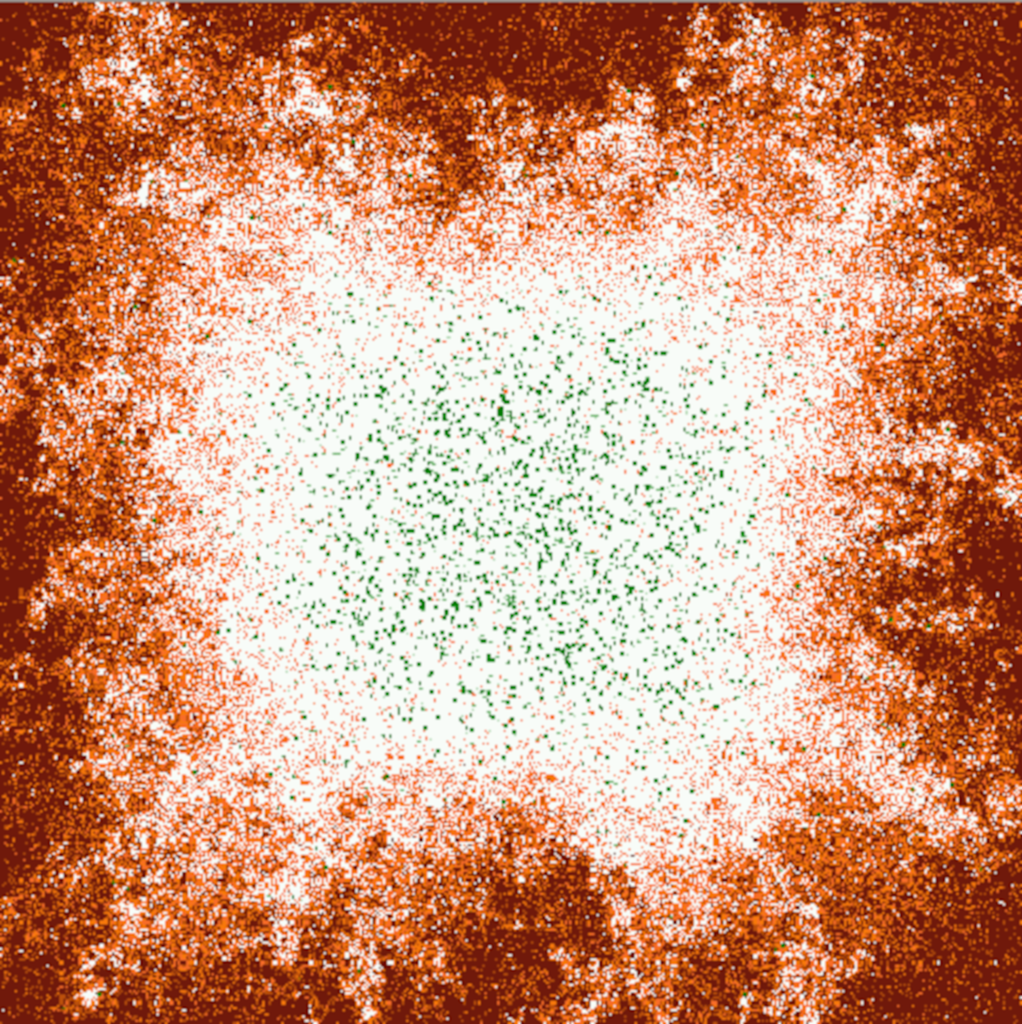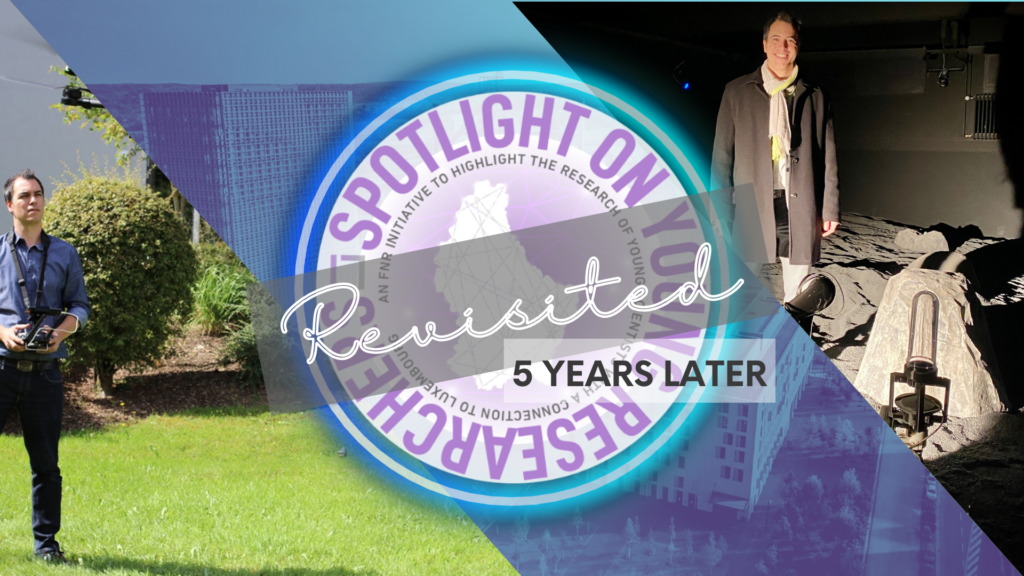Passion and competitiveness is at the heart of being a researcher for Pit Losch, who describes life in research as a rollercoaster ride. The Luxembourg national, who completed his AFR PhD at the University of Strasbourg, is currently a Postdoc at Max Planck Institute for Coal Research, where he investigates and shapes materials for the future. We spoke to Pit about his life as a scientist.
Why did you decide to become a researcher?
“During my B.Sc. internship in biochemistry, I fell in love with this world, where passion, and an ounce of competitiveness, are key to willingly ‘survive’ long working shifts. Later experiences only confirmed this initial attraction – life in research is living on a rollercoaster, it makes you permanently discover and experience new ‘ups’, but also low ‘downs’.”
Tell us about your work, what is your research about?
“During my PhD at Strasbourg University, I had the chance to work on a variety of topics, all related to a special type of (nano-) materials.
“We designed porous (cheap) aluminosilicates, zeolites as heterogeneous catalysts. In heterogeneously catalysed chemical transformations, the purpose of using such materials is to lower the energy consumption to form a benign or valuable product B, from a hazardous or cheap product A.
“Currently, I am a Postdoctoral Researcher at the Max Planck Institute for Coal Research, where I continue to investigate and attempt to shape materials for the future.”
What is a typical day like for you as a Postdoc?
“A typical day is composed of 70% office work, such as reading and writing publications, preparing conferences, and preparing experiments etc. About 30% of my day consists of laboratory work including for example experiments and analyses, as well as irregularly supervising undergraduate or PhD students.”
You’re a Luxembourg national abroad, what do you think about how Luxembourg’s research landscape is developing?
“I am proud to be a Luxembourger, and I have always advertised my home country’s evolving R&D abroad. However, in my opinion, the research topics are still limited, and thus I had to get my higher education and first experience abroad.
“The latter restriction was in fact the best thing that could ever have happened to me: seeing the world, meeting and collaborating with people from all over the world – from Brazil to China and South-Africa to Norway – was overwhelmingly enriching.
“Obviously my long-term plan is to eventually bring all of the acquired knowledge to Luxembourg. I would like to be able to combine the benefits offered by our multicultural and multilingual country with the experience and passion I acquired abroad, in order to perform fundamental and applied research.”
Last but not least, what would you like to achieve during your career in research?
“Stay passionate! If I lose my passion, I will quit and do something else.”


More information
Pit Losch was also featured in the 2016 FNR Annual Report as a success story for the AFR programme – find out more about Pit and his PhD project
Published Thursday, 22 June 2017
About Spotlight on Young Researchers
Spotlight on Young Researchers is an FNR initiative to highlight early career researchers across the world who have a connection to Luxembourg. This article is the 16th in a series of around 25 articles, which will be published on a weekly basis. You can see more articles below as and when they are published.



